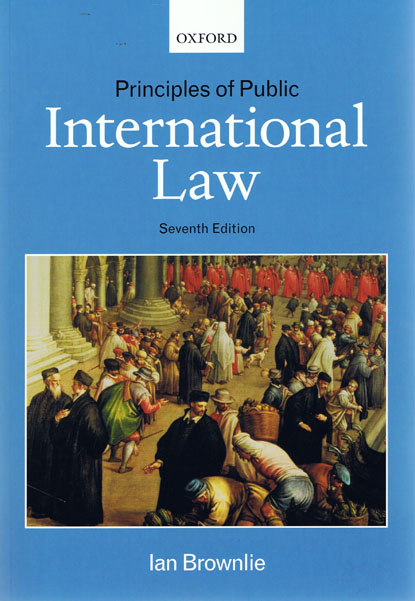The Ethiopian Civil Service College graduated 576 students in nine fields of study with bachelor and masters degrees on July 17, 2010. The college graduated 438 students in post graduate programs and 138 students in undergraduate programs. The programs include, among others, Urban Management, International Law, Comparative Public Law and Good Governance, Public Financial Management, Urban Engineering, Development Management.

Opening the graduation ceremony, Dr. Haile-Michael Abera, President of the Ethiopian Civil Service College underscores that performance capacity building is one of the key government policies which are designed to promote peace, democracy and good governance and secure development in the country. Our Performance capacity building objective is securing all sided development and successfully implementing policies, strategies and programs which benefit the people at large said, Dr. Haile-Michael.

In achieving this objective, said Dr. Haile Michael, the entire peoples of Ethiopia including the private sector are exerting concerted efforts, and remarkable achievements are being registered as a result. He also added that with respect to capacity building, a lot of reform works which build the capacity of the civil service in knowledge, skills, attitude, performance and organization are underway.
Dr. Haile Michael added to support these efforts, the College has done a lot in offering undergraduate and postgraduate programs, delivering short term trainings, conducting researches and giving consultancy services which focuses on the civil service sector and important for the development of peace, democracy and good governance in the country.
The president further said for the past four years the college carried out the task of assisting the federal ministries and agencies and regional governments in their effort to study and implement business process reengineering activities and balanced scorecard.

Dr. Haile-michael emphasized along with the teaching and learning business, the college has been continuously building its internal capacity and is now able to offer 13 undergraduate and post graduate programs through the six institutes. The number of students reaches more than 9,000 in regular, evening and distance sessions and 260 PhD and masters holder lecturers and consultants are giving their services. Including today’s graduates, the College graduated 5506 civil servants in bachelor degrees, 1740 in master degrees, and 8000 in regular diploma and distance education, Dr. Haile-michael said.
Besides the College offered short term trainings in identified areas which are crucial to enhance the capacity of the civil service and reform package via face to face, E-learning and video conference. So far 20,000 trainees from federal, regional and non-governmental organizations participated
Finally Dr. Haile-Michael stated that the college is now actively involved in expanding its programs in collaboration with inland and external organizations to benefit the public. Accordingly the college opened Public Procurement and Asset Management Department for the purpose of building the capacities of the public service sector in managing and auditing the public assets and procurements. Additionally the College is on the way to open Leadership Institute in the coming year.

According to the president the College signed Memorandum of Understanding with Kehl University, in Germany to open Public Policy Studies Centre in masters degree and conduct research work in the area. The College is also designing a project in collaboration with Toronto University, Canada to offer masters program in Ethics, Anti Corruption and Good Governance.
Later graduates of the year took their degrees from the College President and Four students, two of them are female, awarded gold medals.
Finally, graduates conducted a swearing of an oath to serve the public with honesty, integrity and provide quality, efficient and effective service devoid of corruption and other malpractices.





































